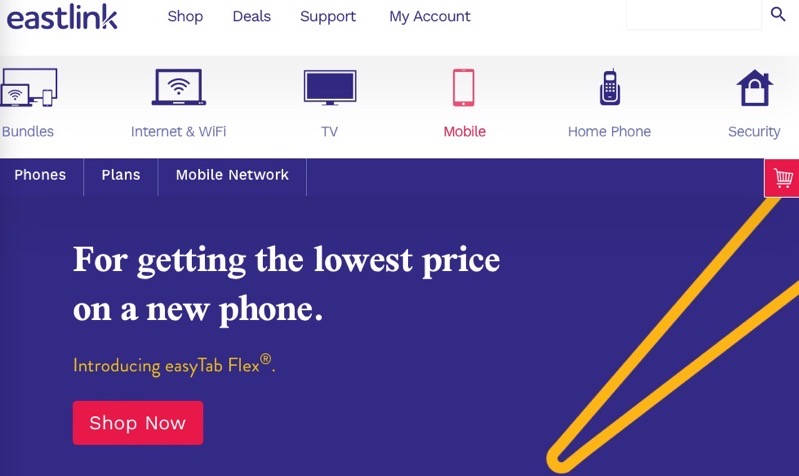
Rogers Argues Freedom Sale to Vidéotron Will Increase Competition

Rogers on Tuesday made an argument for the proposed sale of Shaw-owned Freedom Mobile to Quebecor’s Vidéotron being good for competition in the wireless space — reports The Canadian Press.
The assertion came during another hearing in Rogers’s ongoing Competition Tribunal trial against the Competition Bureau over the telecom giant’s proposed $26 billion acquisition of Shaw Communications
Tuesday’s session saw Bell Canada parent BCE’s chief technology and information officer cross-examined by both sides. Rogers used the opportunity to assert that acquiring Freedom would allow Vidéotron to expand beyond Quebec and become a significant player across Canada, putting pressure on national operators like Bell by offering bundled services.
The company brought up Bell documents that demonstrate Vidéotron’s penetration strength in the Quebec market. Rogers and Shaw maintain that the Quebecor-owned telco will be able to replicate the same success in Ontario, British Columbia, and Alberta.
Furthermore, Rogers pointed out that Bell identified Freedom as a growing competitive threat in a submission to the Competition Bureau last year.
“Rogers and Shaw both want to convince the Competition Tribunal that Vidéotron will be an effective competitor, but the fact of the matter is that it’s untested,” Ben Klass, a telecom industry watcher and Ph.D. candidate at Carleton University, clapped back.
“Rogers wouldn’t willingly offer up Vidéotron as a suitor for Freedom if it was worried about disruptive competition.”
The Competition Bureau is of the view that Shaw’s backing is critical to Freedom’s ability to compete. During a previous hearing, the Bureau argued that selling Freedom to Quebecor would make the company likely to be more “aligned” with Rogers and less likely to aggressively compete with it.
The Bureau on Tuesday called professor Nathan Miller as a witness. He argued that competition between Rogers and Shaw is meaningful because the latter has gained significant ground in the market.
According to Miller’s research, Shaw, as both Freedom Mobile and Shaw Mobile, has been able to claw a significant number of subscribers away from Rogers over the years with moves like the Big Gig plan that launched in 2017.
Rogers, however, pushed back against Miller’s report during cross-examination. The merger hopeful argued that Miller’s analysis is inaccurate and doesn’t do enough to successfully quantify the alleged harm of the Freedom-Vidéotron deal.
Competition Tribunal hearings into the Rogers-Shaw merger kicked off last week with the Competition Bureau reiterating that the proposed Freedom sale is not enough to alleviate its antitrust concerns regarding the deal. The trial is expected to last four weeks, with oral arguments scheduled for mid-December.
Canada’s Commissioner of Competition is one of three regulators that must approve the Rogers-Shaw merger before it can close. Innovation, Science and Industry (ISED) Canada Minister François-Philippe Champagne reaffirmed his approval, contingent on the Freedom Mobile sale, last month, while the CRTC green-lit the deal earlier in the year.
Rogers and Shaw have extended their mutual merger deadline to December 31, 2022, and hope to close the deal by that time. Both companies have room to further extend their deadline to January 31, 2023, if proceedings drag on.

